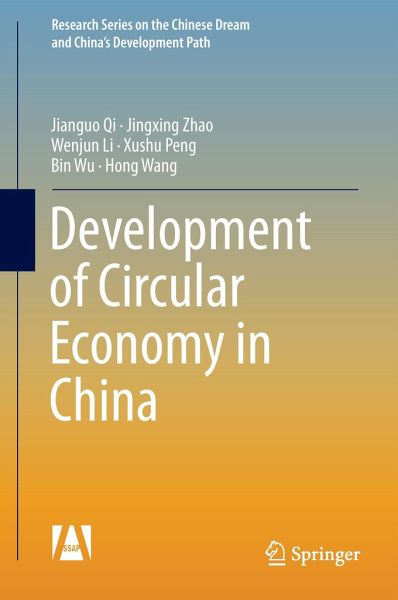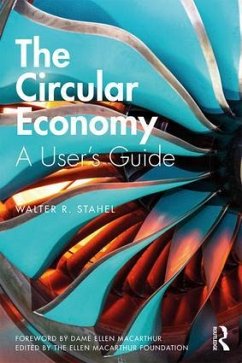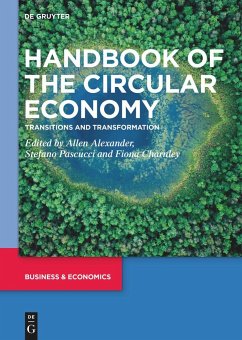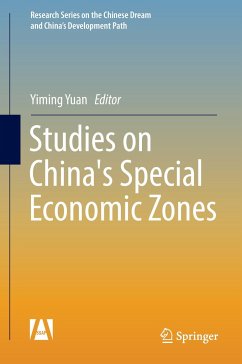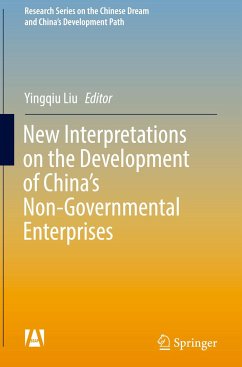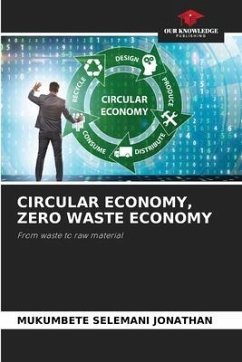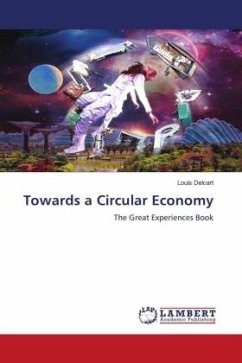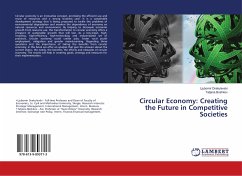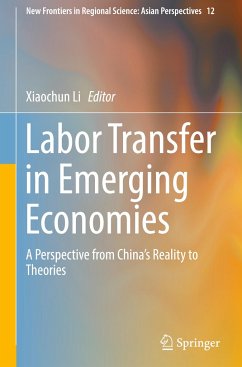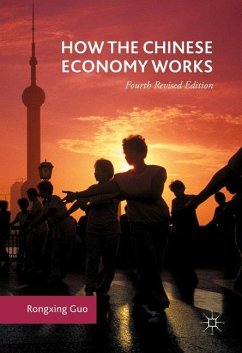Mr. Jianguo Qi, Vice Director and senior Research Fellow ¿Institute of Quantitative & Technical Economics¿Chinese Academy of Social Sciences. He is Chief Expert in the research field of circular economy theory and Methodology. Since 2003, He has been committed to promoting the development of circular economy in China, in order to alleviate the problems of the resources shortage and heavy pollution emission caused by economic growth in China. His research interests focus on policy issues, but also relates to the technology and industrial organization. He served in the following non entities, Director of research centre for circular economy and environment¿Chinese Academy of Social Sciences, Executive Vice President of Chinese Association of Quantitative Economics, Syndic of Chinese Association of Soft Sciences Research, Syndic of Chinese Association of Sciences and Policy, Members of the national strategic emerging industry expert committee. Mr.Jingxing Zhao, Senior Research Fellow ¿Institute of Quantitative & Technical Economics¿Chinese Academy of Social Sciences. He is the Chief Expert in the research field of Growth theory and Chinese economy. Mr. Wenjun Li, Senior research fellow ¿director of the division of Industrial Technical Economics, Institute of Quantitative & Technical Economics¿vice director of research centre for circular economy and environment¿Chinese Academy of Social Sciences. His research interests focus on circular economy theory, methodology, policy issues, regional plan, as well as something related to the technology and industrial organization. He has broadly studied the projects on quantitative and technical economics. The main projects are as follows: Some regional plans on the development of circular economy, 2010-2014; Transformation of China's economy development pattern, 2008-2009; The socio-economic effects of the West Route in the South North Diversion Project, 2005-2007; Investigation on the Socio-economic Development of Villages and towns, 2006-2007; National Maglev Transportation Engineering R&D Center, 2005-2006; Sustainable Water Integrated Management of the East Route in the South North Diversion Project in China ¿SWIMER¿, 2004-2006; The Efficiency and Competitive ability of Commercial Banks, 2004-2006; Regional Industry Innovation on the Background of Knowledge-based Economy, 2001-2003. Mr. Xushu Peng, Associate research fellow and an associate professor in Institute of Quantitative & Technical Economics, Chinese Academy of Social Sciences, and titled as an Assistant Director in Center for Studies on China's Circular Economy and Environment. Dr. Peng graduated from Peking University, Graduate School of Chinese Academy of Social Sciences, by BA, master's and PhD in Management. His favorite research fields are technical innovation, circular economy and China's economic growth. he has taken part in several research subjects entrusted by the National Social Science Foundation, the Ministry of Science and Technology and Chinese Academy of Social Sciences, fulfilled several consultation task commissioned by local government and business, and published more than 10 articles and 10 working papers. Mr. Bin Wu, Associate Professor¿Institute of Quantitative & Technical Economics¿Chinese Academy of Social Sciences. In 2008¿he graduated from Graduate School, Chinese Academy of Social Sciences and received his Ph.D.in industrial economics. Since Dr. Wu jointed the institute, he has been carrying research in the fields of industrial and technical economics, energy and technical economics, circular economics. He has participated in tens of key projects supported by national social sciences foundations, national sciences foundations, Chinese Academic of Social Sciences, many ministries of the central government, and large and medium companies. He has many research achievements in the fields of circular economics and energy economics. Ms. Hong Wang, Research assistant, Institute of Quantitative & Technical Economics¿Chinese Academy of Social Sciences (CASS). She received her Ph. D degree of technological economics and management at the Graduate School of Chinese Academy of Social Sciences in 2009, majoring circular economy. She did the postdoctoral research at the MBA postdoctoral station at Chongqing University. Her research focuses on the theories and practices of circular economy in China and she has participated in many state, sector and CASS's projects related to circular economy, especially in the field of industry, agriculture, etc., and published a series of relevant papers. Her recent work concentrates on material flow analysis related to circular economy. Ms. Fengling Jia, associate research fellow, working at Institute of Rural Economy and Regional Planning of Tianjin since 2005, the main research directions are agricultural circular economy and "three agriculture" policy. In order to study better, she entered the postdoctoral research station in the Institute of Quantitative & Technical Economics of Chinese Academy of Social Sciences in 2013 November, and mainly engaged in theoretical and empirical research on Agricultural Circular Economy. Ever since she started work, she presided over the 5 subject, participated in the 20 national and municipal issues, published academic papers more than the 30, and won the 10 prize, which include Province, Department, bureau etc. Mr. Tong Yang, Chief Secretary of the Center for Studies on Circular Economy and Environment, CASS. He graduated from the Party School of the CPC Central Committee, majoring Economic Management. Since 1982, he has worked respectively for the Agricultural Research Department, the Administrative Office and the Comprehensive Research Department of IQTE, CASS. In 2005, he started his work as the chief secretary of the Center of Studies on Circular Economy and Environment, CASS. His role is mainly coordination, communication, organization and management. Ms. Haiying Qi, the academic secretary of the "Center for Studies on China's Circular Economy and Environment, CASS". She graduated from Hebei University of Science and Technology and continued her education for master's degree in Chinese Academy of Social Sciences. She do some translation work and editorial work as well as the ordinary office work.
